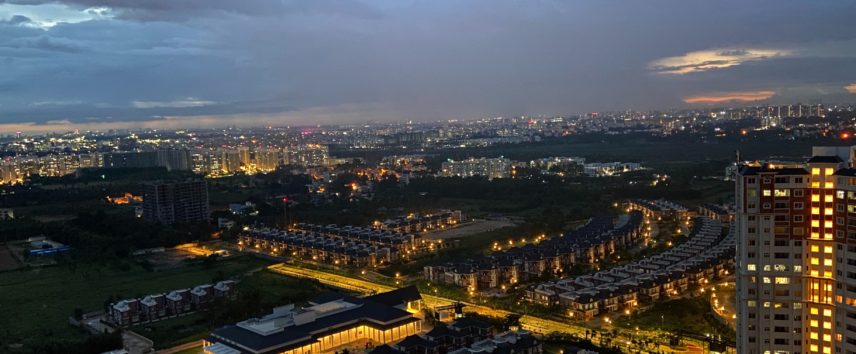Trending Now
- IPL 2024 begins with a bang. First contest between CSK and RCB.
- Election commission allots mike symbol to Naam Thamizhar Katchi
- AIADMK promises to urge for AIIMS in Coimbatore, in its election manifesto.
- Ponmudi becomes higher education minister.
Columns
Why should we suffer because of AAP vs BJP fight?
![]() December 25, 2015
December 25, 2015
Mayank Mishra
We do not know enough to take sides. In fact, we do not want to, faced as we are with our own mundane concerns. We are not sure whether we will be able to reach our offices in time in the first two weeks of 2016. The idea of entering some metro stations already bursting at the seams with hundreds of people during peak hours is giving us sleepless nights. Is car-pooling a possibility? But how are we going to travel with complete strangers?
Can we bunk our offices for two weeks? Not possible, as there is a risk of getting fired. The option is to take metro, Delhi Transport Corporation buses, cabs or autos. Will there be enough buses, autos and taxis on the road? Can the existing infrastructure of Delhi metro handle additional load? We don’t have the answer. What is worse, nobody has the time to address our concerns, busy as they are in their own ego battles.
With less than two weeks to go before the odd-even formula hits Delhi roads literally, people living in the National Capital Region are grappling with a number of concerns. And those who are supposed to offer solutions are busy fighting their own turf wars. The Aam Aadmi Party (AAP) may have a point in saying that raiding the offices of democratically elected chief minister (if that indeed is the case) is wrong. The Bharatiya Janata Party (BJP) may have taken a correct line in asserting that the AAP verbal assault that followed the raids is in bad taste.
But our real concern is with regard to the policy paralysis that is in the making because of the constant political slugfest. An issue as important as rising pollution needed a coordinated action. What we may instead get is a series of half-hearted measures that will end up causing inconvenience to one and all.
In the mid-1990s, Delhi experimented with the relocation of industrial units out of residential areas. A few years later, all industrial units operating within the area of the city state were served with closure notices. It was also decided that all public transport vehicles will switch to environmental friendly CNG fuel. All this came at a considerable cost in terms of loss of thousands of jobs.
There was some respite for a while. Delhi air became less polluted. But we are faced with the same problem all over again. It only shows that we do not know what the problem is. Data collection is unreliable and policy response therefore is like shooting in the dark.
Sample this. Noted transport expert Dinesh Mohan wrote in the Business Standard a few months ago that his study shows “only 59 per cent of the registered cars and 42 per cent of the registered two-wheelers are in use in Delhi, more than 65 per cent of the vehicles are less than 5 years old and less than one per cent more than 15 years old. The official numbers exaggerate the total number of vehicles in Delhi by almost a hundred percent, because no vehicles are ever removed from the list as we pay a lifetime tax and don’t need to register our vehicles annually. Obviously any emission calculations based on official statistics will be quite erroneous.”
Since we do not know the source of the problem or know it vaguely, our policy response is bound to yield very little. But who has time to go for finer details? They will continue to fight to protect their turf and we are cursed to suffer.
Disclaimer:The views expressed above are the author’s own






















